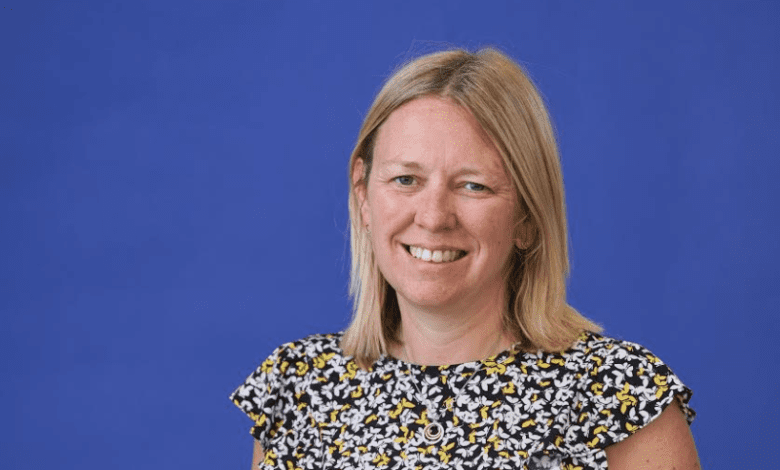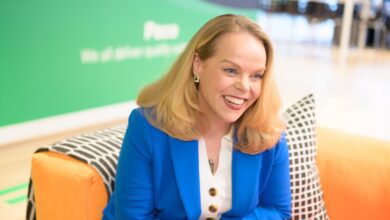
When the news first broke that Covid-19 had come to the UK and the rise of infections were increasing to alarming levels, sending the nation into lockdown, it seemed surreal. For some time now, we’ve been dealing with another uncertainty – Brexit – but no one could have predicted the pandemic, nor the impact it would have for consumers, businesses, and entire industries.
At GoCardless, we were careful to not react in a knee-jerk way. Thankfully, as a payments company servicing multiple types of companies, we were less impacted than many other industries, and our healthy balance sheet allowed us time to plan for the most appropriate response. Additionally, as a cloud-based, digital-first business, the transition to home-working for all GoCardless employees was seamless. So we had some breathing space to plan.
At first, we initially debated several options and scenarios, before concluding that our priority was to minimise long-term damage to the business. Our plans focused on cost reduction methods that resulted in limited long-term impact. Alongside business preservation, we also agreed that we needed to act in the best interests of our customers.
Recognising that cash flow is a priority, we therefore decided to push ahead with the launch of our new payments intelligence tool, Success+, to help customers reduce late payments and improve cashflow.
The business certainly proved its resilience. But for me, as CFO of a fast-growth fintech, the pressure was definitely on! My workload increased almost overnight, and my responsibilities and leadership style had to change.
The balancing act of cash preservation and pursuing growth
Before the pandemic, working at a scale-up meant my approach to financial modelling, planning and risk was mostly “growth first, consequences second”. But during periods of mass uncertainty, decisions have to be made based on protecting the balance sheet for as long as possible, while at the same time trying not to neglect the company’s ambitious growth plans.
So when the crisis began, my role as CFO was suddenly elevated. I found myself having to plan for a different world to the one I was looking at six weeks before, while taking a completely new approach. But I knew that it was also imperative that I remained calm throughout.
My job – now more than ever – is to add an element of realism to business planning and challenge the CEO on decisions where needed. It’s making sure that we take the appropriate measures to preserve our success, while being careful not to overreact. It’s a tricky balance.
For example, reassessing risk in light of Covid-19 is now a daily task. I’m also thinking, in great depth, about the profiles of our customers – looking at how they’ve been impacted by Covid-19 and how we can support them. This involves carefully reviewing leading indicators so that we can assess whether or not we need to change our current plans.
We also recognised early on that when cash flow is tight, raising money in this environment can be challenging. So we made the decision to push back fundraising plans and extend our runway to 2022. Other measures we took include cutting non-essential spending, to make sure the business is in the best shape once we come out the other side.
Looking forward and staying positive
It’s challenging to stay positive during a global crisis, but it’s important for all businesses to remember that there will be life once the pandemic subsides. I’ve tried to keep this in mind and view this time as a force for good where possible. For example, using it as a chance to implement overdue spending-controls. For other businesses, this has been a prime time for them to digitise their operations and rethink their customer offerings.
What’s more, working through a crisis can teach some valuable lessons for leadership teams, in terms of how to plan during an unexpected downturn. It can also help them feel confident in their ability to access capital.
Throughout my career, I’ve experienced my fair share of crises. I worked at a telecoms company through the dot-com crash in 2000 and also worked through the 2008 financial crash. From both of these, I learned some valuable skills such as how to act quickly when a ‘Black Swan’ event occurs, which I’ve applied to planning during a pandemic. However, the biggest lesson I’ve learned is that it is impossible to plan for every eventuality. All you can do is remain calm and make the best decisions for your business at that time.
The biggest takeaway from this – both for us at GoCardless and the wider economy – is that no one could have foreseen this global pandemic, nor the impact it would have across industries. So it’s hardly surprising that many businesses couldn’t put their hands on a ‘what to do in a pandemic’ manual! There’s no one size fits all when responding to change, but what’s clear is that the Covud-19 outbreak has emphasised the ability of many businesses to react and pivot quickly. And that is something we should all be incredibly proud of.









